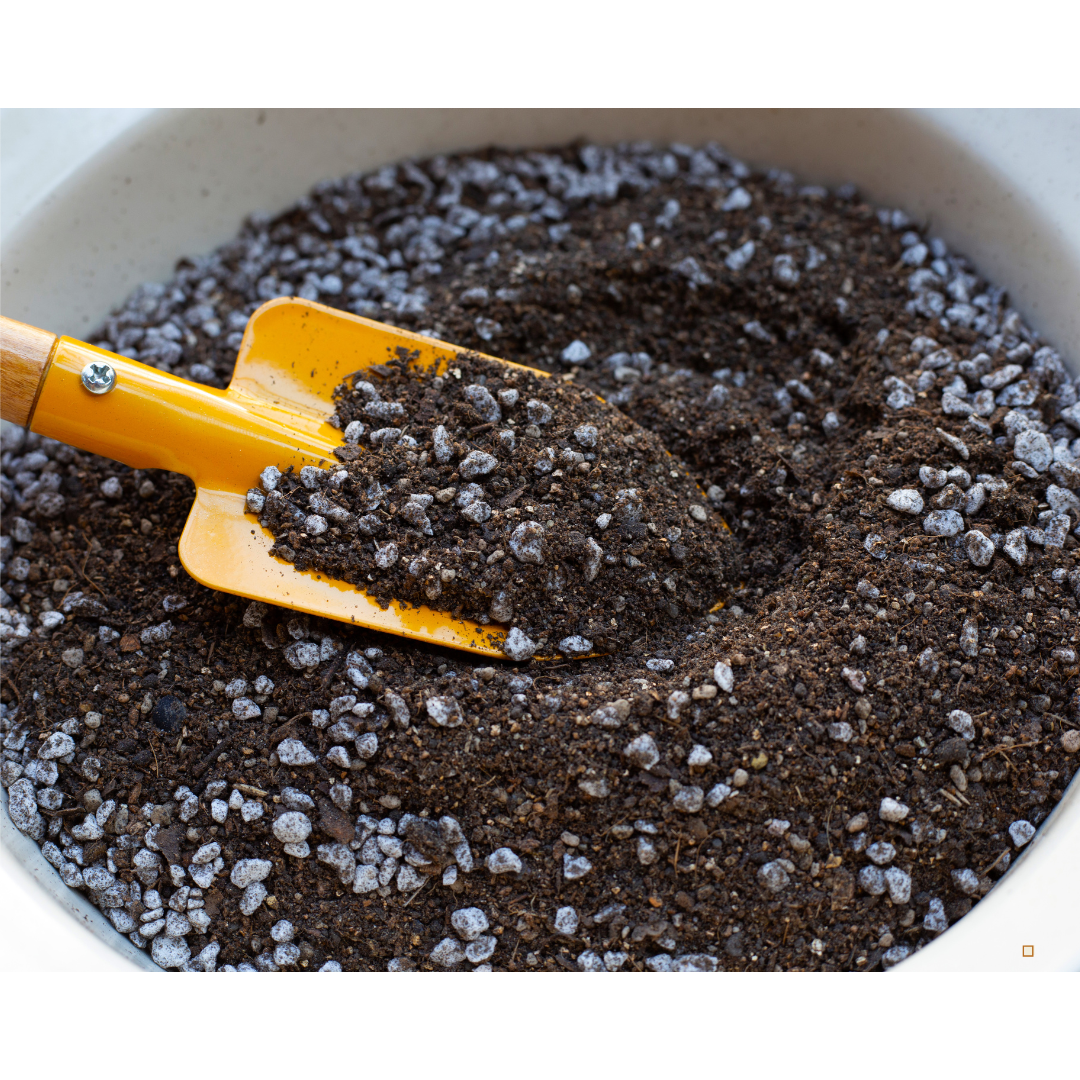
What Makes the Climate Perfect for Growing Blue Mountain Jamaican Coffee?
The unique taste of Blue Mountain Jamaican Coffee has captured the attention of coffee lovers worldwide, thanks largely to the extraordinary climate in which it’s grown. Nestled in the Blue Mountains of Jamaica, the coffee’s cultivation region provides conditions that are rare and ideal for growing coffee beans with distinct flavor, smooth body, and balanced acidity. From the mountains’ high elevation to the misty weather patterns, each climate factor contributes to the remarkable quality that sets this coffee apart from other premium coffees. Here’s an in-depth look at what makes the climate in Jamaica’s Blue Mountains perfect for coffee cultivation.
The High Elevation and Cool Temperature
One of the defining characteristics of Jamaica’s Blue Mountains is the high elevation, with some coffee farms reaching up to 5,500 feet above sea level. This altitude plays a crucial role in the growth of coffee, as the higher elevation results in cooler temperatures and thinner air, both of which slow the maturation process of the beans. The extended growing period allows the beans to develop more complex flavors and a denser structure, which contributes to the smooth, balanced taste that Blue Mountain coffee is known for.
Cool temperatures in the Blue Mountains are essential for preserving the coffee’s acidity, a hallmark of its flavor profile. The coolness prevents over-ripening and ensures that the beans retain a balanced acidity level, resulting in a cup that is neither too sharp nor too dull. The elevation and climate provide just the right amount of stress on the coffee plants, encouraging them to produce beans with concentrated flavors and a rich aroma that shines through in each brew.
Rich, Volcanic Soil and Abundant Minerals
Soil composition is a critical factor in determining the quality of coffee beans, and the Blue Mountains offer a soil profile that is exceptionally well-suited to coffee cultivation. The volcanic soil in the region is rich in essential minerals, such as potassium, magnesium, and phosphorus, which provide nourishment to the coffee plants. These minerals not only support healthy plant growth but also enhance the development of flavors in the beans.
Volcanic soil tends to be more porous, which helps with water drainage and aeration around the plant roots. This is particularly beneficial in a region like the Blue Mountains, where rainfall is abundant. The soil’s drainage capabilities prevent root rot and other water-related diseases, while its nutrient richness enables the plants to thrive. The result is a coffee bean with a unique mineral composition, adding depth and complexity to the flavor.
Frequent Rainfall and Optimal Moisture Levels
Rainfall patterns are another key element of the Blue Mountain climate that contribute to the quality of its coffee. The area experiences frequent, consistent rainfall, providing the coffee plants with a steady supply of moisture. This natural irrigation supports healthy growth and helps the plants develop cherries that are evenly ripened and full of flavor.
While the rainfall is abundant, it’s also well-balanced by the mountainous terrain’s natural drainage, preventing the plants from becoming waterlogged. The moderate, consistent moisture ensures that the coffee cherries grow slowly and uniformly, leading to beans with an ideal density and flavor profile. Additionally, the misty atmosphere of the Blue Mountains helps maintain a balanced humidity level, keeping the plants hydrated without oversaturating them. This combination of moisture and drainage creates optimal conditions for producing beans with a distinct aroma and a smooth, refined taste.
Shade from Dense Forest Cover
The Blue Mountains are known for their dense, lush forests, which provide ample shade for coffee plants. This natural shade protects the coffee plants from direct sunlight, preventing them from overheating or drying out. Shade-grown coffee tends to have a more complex flavor profile, as the slower growth rate under shaded conditions allows the beans to mature gradually, concentrating their flavors.
The forest canopy not only shields the coffee plants but also contributes to a diverse ecosystem, fostering healthy soil and reducing the need for chemical fertilizers. The slower growth under shaded conditions enhances the coffee’s acidity and sweetness, resulting in a balanced, well-rounded cup. Coffee grown in the shade also tends to have a more sustainable impact on the environment, supporting biodiversity and preserving the natural landscape of the Blue Mountains.
Microclimates Across the Blue Mountains and Their Impact on Blue Mountain Jamaican Coffee
The Blue Mountains encompass a range of microclimates, each with slight variations in temperature, rainfall, and humidity. These microclimates add to the complexity and variety found in Blue Mountain Jamaican Coffee. Depending on the specific location within the Blue Mountains, the coffee beans may develop subtle differences in flavor, giving this coffee a dynamic character that appeals to aficionados around the world. The interaction of these microclimates with the overall mountain environment allows for unique flavor expressions in each crop, making each batch of Blue Mountain coffee a distinct experience.
The diverse microclimates also enable coffee farmers to experiment with planting locations and adapt to the subtle changes in each growing area. This attention to the environmental nuances helps maintain the high quality of Blue Mountain coffee, as farmers select the best-growing practices suited to each specific location. The result is a coffee with depth and consistency, all while celebrating the diversity of its mountainous home.
Sustainable Farming Practices in the Blue Mountains and the Future of Blue Mountain Jamaican Coffee
The unique climate that nurtures Blue Mountain Jamaican Coffee is enhanced by sustainable farming practices that prioritize environmental stewardship. In the Blue Mountains, many coffee farms adopt eco-friendly techniques—such as water conservation, natural pest control, and organic fertilization—to protect the delicate ecosystem. By caring for the land and preserving the environment, these sustainable practices help ensure that Blue Mountain coffee continues to be a high-quality product for generations to come.
For coffee enthusiasts, knowing that this exceptional coffee is cultivated with respect for its environment only adds to its allure. The harmonious balance between climate and sustainability stands as a testament to the dedication of the local farmers who work tirelessly to produce beans that capture the true essence of the Blue Mountains. At Frontier Coffee Roasters, we proudly celebrate both the distinctive flavors and the sustainable practices behind Blue Mountain Jamaican Coffee. To learn more about its journey and our commitment to quality, visit our Blue Mountain Jamaican Coffee Hub and explore our Frontier Coffee Roasters Coffee Hub.

